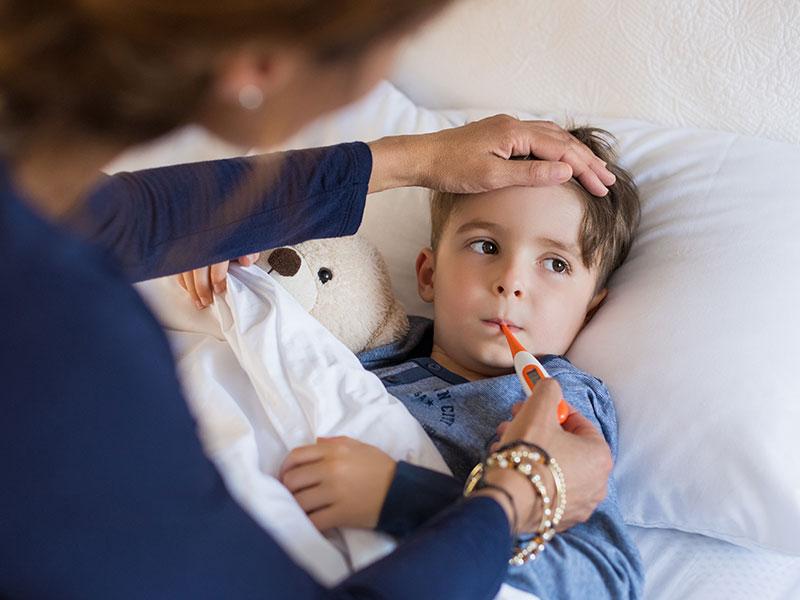We’ve written to all schools and parents/carers with information about Strep A and what to do if you’re worried about a child.
Group A Strep is a common bacteria – some people carry it in their throats and on their skin.
It doesn’t always cause illness, and when it does then symptoms are usually mild and can be easily treated with antibiotics such as penicillin.
At the moment there are higher than usual numbers of Group A Strep infections, including scarlet fever.
In very rare cases, Group A Strep can cause a more serious illness known as Invasive Group A Strep (or iGAS).
These infections are caused when the bacteria get into parts of the body where it’s not normally found, such as the blood, and causes much more severe disease needing treatment in hospital.
The UK Health Security Agency has a round-up of what you need to know on its website.
It’s always concerning when a child is unwell. As a parent, if your child has been diagnosed with Group A Strep and feel that your child seems seriously unwell, you should trust your own judgement and get medical help.
Speak to your GP or contact NHS 111 if:
- your child is getting worse
- your child is feeding or eating much less than normal
- your child has had a dry nappy for 12 hours or more or shows other signs of dehydration
- your baby is under 3 months and has a temperature of 38C, or is older than 3 months and has a temperature of 39C or higher
- your baby feels hotter than usual when you touch their back or chest, or feels sweaty
- your child is very tired or irritable.
Call 999 or go to A&E if:
- your child is having difficulty breathing – you may notice grunting noises or their tummy sucking under their ribs
- there are pauses when your child breathes
- your child’s skin, tongue or lips are blue
- your child is floppy and will not wake up or stay awake.
Antibiotics are not routinely recommended as a preventative treatment and should only be taken in confirmed cases of scarlet fever or another GAS infection, or in certain other circumstances where UK Health Security Agency recommend their wider use.

